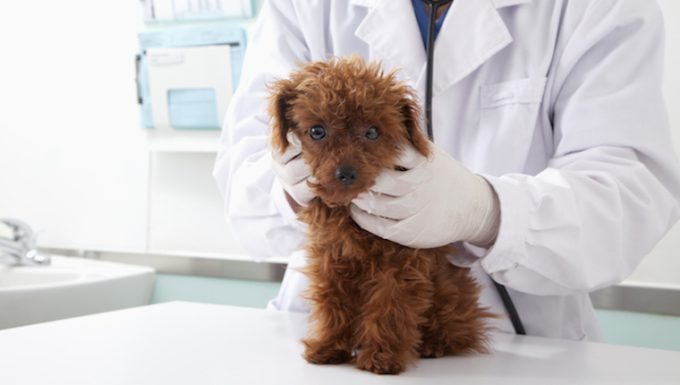Parasitic infection of the respiratory tract in dogs is often caused by maggots, worms, and mites. The condition can affect the heart, liver, and kidneys.
Generally, infected poop is one of the main ways the condition is transmitted. Additionally, sporting and working dogs are at higher risk of the condition than other dogs.
If you see the signs of the condition in your dog, then get to a veterinarian for a proper diagnosis and treatment.
Here’s what you should know about the symptoms, causes, and treatments for the condition.
Symptoms of parasitic infection of the respiratory tract in dogs
The condition produces a range of symptoms. For instance, some of the most common symptoms include:
- Sneezing
- Weight loss
- Bloody nose
- Breathing problems
- Coughing
- Vomiting
- Acting lethargic
- Nose discharge
- Wheezing
Causes of parasitic infection of the respiratory tract in dogs

The cause of the condition can be a number of things. For example, some of the most common causes include:
- Eating infected rodents
- Eating worms
- Infected poop
- Eating infected birds
- Eating infected insects
- Contaminated water
Additionally, dogs living in unsanitary and overcrowded conditions are at higher risk of developing the condition.
Treatments for parasitic infection of the respiratory tract in dogs
Firstly, your vet will ask about your dog’s symptoms. Secondly, your vet will ask about any circumstances where your dog could have come into contact with the parasites.
Thirdly, your vet will carry out a full physical examination. Blood and urine tests will be taken. Additionally, your dog’s poop will be examined for any signs of parasites or parasite eggs.
Finally, your vet will use X-rays to monitor the condition of your dog’s lungs.
Generally, a combination of deworming medication and anti-inflammatory medication is used to treat the condition. As always, if your vet prescribes your dog any medicine, make sure to stick to the correct dose and frequency instructions. Also, complete the full course of medicine.
However, if your dog is experiencing breathing problems, they will be given oxygen therapy. This process will take place in hospital.
Ultimately, prevention is better than cure with this condition. So keep your dog away from environments where they risk coming into contact with parasites, especially in outdoor situations.
Have you ever cared for a dog who suffered from this condition? How did your vet help your dog recover? Let us know in the comments section below.









